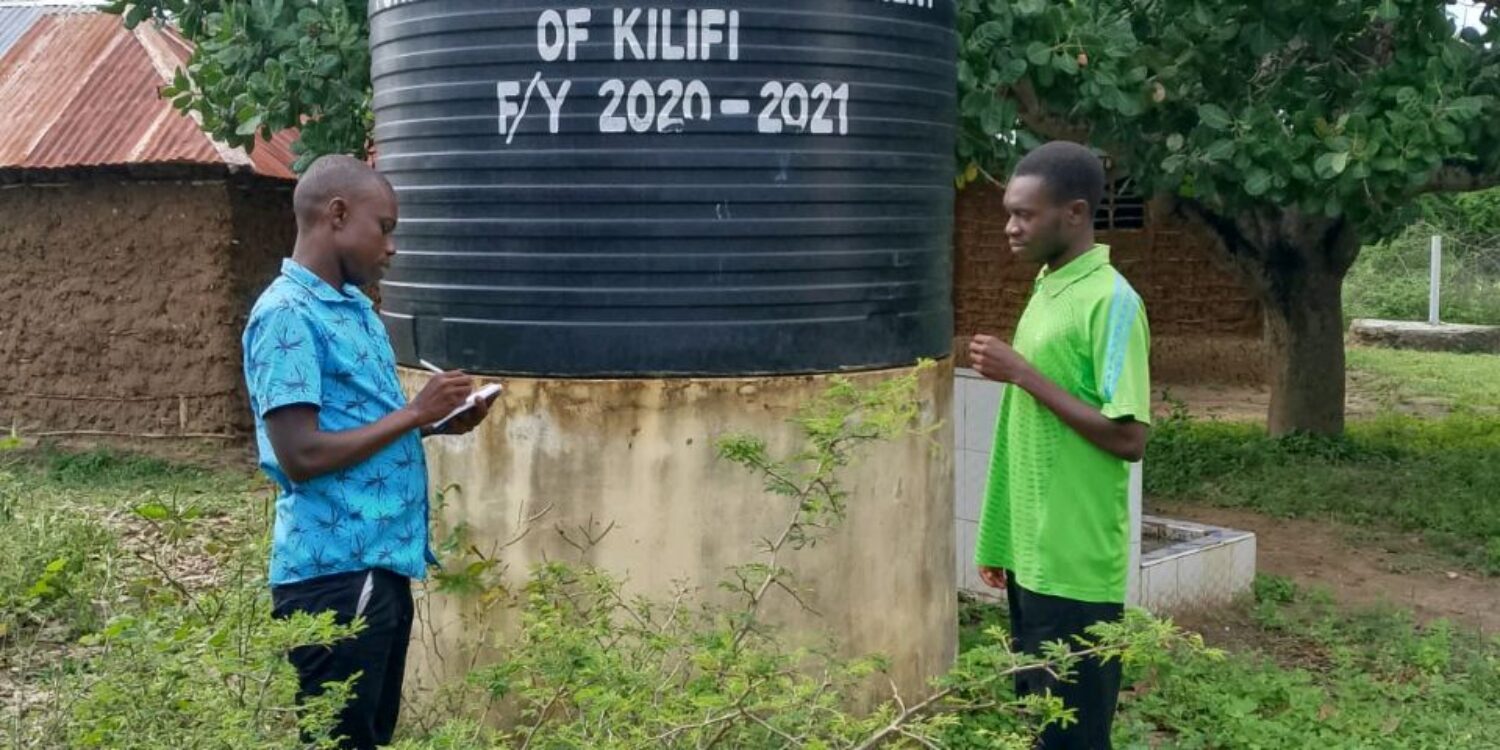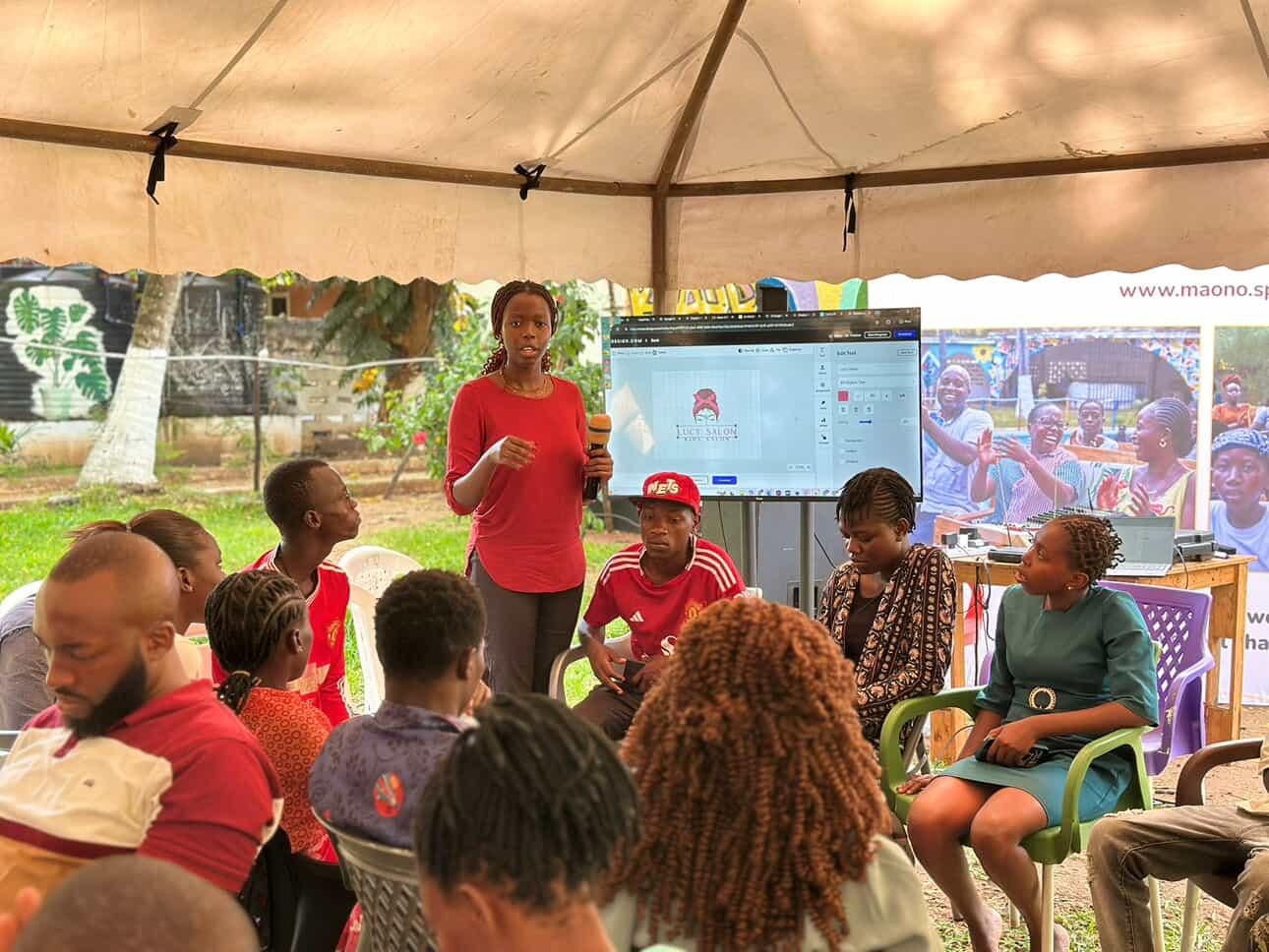Over the past year, Kilifi County has emerged as a shining example of how communities, civil society, and government can come together to use data for meaningful change. With support from the Open Institute and through partnerships with youth-led community-based organisations, such as Kilifi Youth Assembly (KIYA) and the Maono changemaker network, citizens in Kilifi are building a new reality—one where data is not just collected, but used to transform lives.
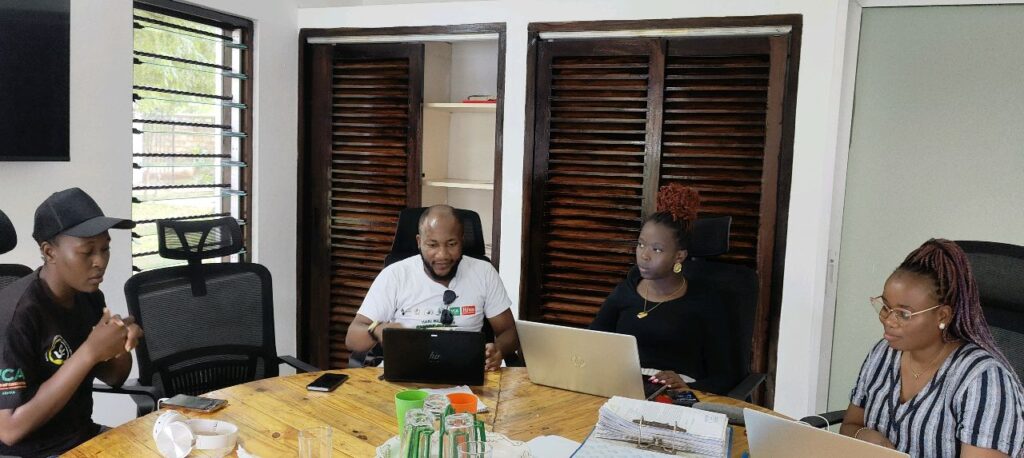
Laying the Groundwork: Last Year’s Breakthroughs
In late 2023, CBO leaders from the Maono consortium mobilised 78 local changemakers from all 35 wards across Kilifi. Their mission was to map all education and health facilities in the county. After a half-day training on how to use Sabasi—our simple, smartphone-based data collection tool—they hit the ground running. In just three days, the team mapped 419 health facilities and 1,274 education facilities.
This first-of-its-kind exercise was critical in demonstrating that community-led, tech-enabled data collection is possible at scale, even in remote areas. More importantly, it provided local changemakers with hands-on experience in interpreting and advocating with data, demonstrating how their findings could inform decisions and influence county policies.
A Game-Changer for Business Data
The impact didn’t go unnoticed. In March 2024, the Kilifi County Chief Officer for Trade visited Maono Space to explore potential collaboration opportunities. She had been overseeing a manual county business mapping exercise and was stunned to learn that the Maono team had mapped thousands of institutions digitally in just a few days. “I’m sold on this one,” she said, highlighting the time and resource savings enabled by Sabasi’s real-time data transmission.
Acting swiftly, 85 young changemakers were mobilised—again led by KIYA—in partnership with county government officers. In just five days, they conducted a census of over 30,000 businesses, making Kilifi the first county in Kenya with granular, geotagged business data. This pioneering achievement opened doors for smarter planning, revenue projection, and support for local enterprises.
Findings That Matter: What the Business Data Has Revealed
In the business sector, where over 24,000 businesses were mapped, it was found that many were operating without registration, highlighting untapped revenue potential. The data team also turned its lens on markets, gathering detailed information on locations, stalls, types of goods sold, and population catchment areas. For instance, Gotani market has seen a recent rise in fish and clothing traders, highlighting the need for tailored infrastructure. Heat maps and geospatial data will help visualise this growth and inform smarter decisions.
Insights from this data are now being used to:
- Improve licensing and compliance tracking (e.g., liquor, catering, advertising)
- Inform revenue projections
- Inform market planning and infrastructure upgrades
- Support tailored services for specific trader groups
Deepening the Work in 2025: Mapping Development Projects
In July 2025, the collaboration entered a new phase. With support from Maono CBOs, we recently launched a five-day exercise to map over 5,000 development projects funded across sectors from 2020 to 2024, spanning all seven sub-counties in Kilifi. These included agriculture, water, education, health, trade, blue economy, youth affairs, and more. Over the five days, each project was visited and photographed, with teams assessing its status and location. This ground-truth data is now being validated and will be visualised through dashboards to help communities engage with county leadership, push for accountability, and track public expenditure.
Community Leadership at the Core
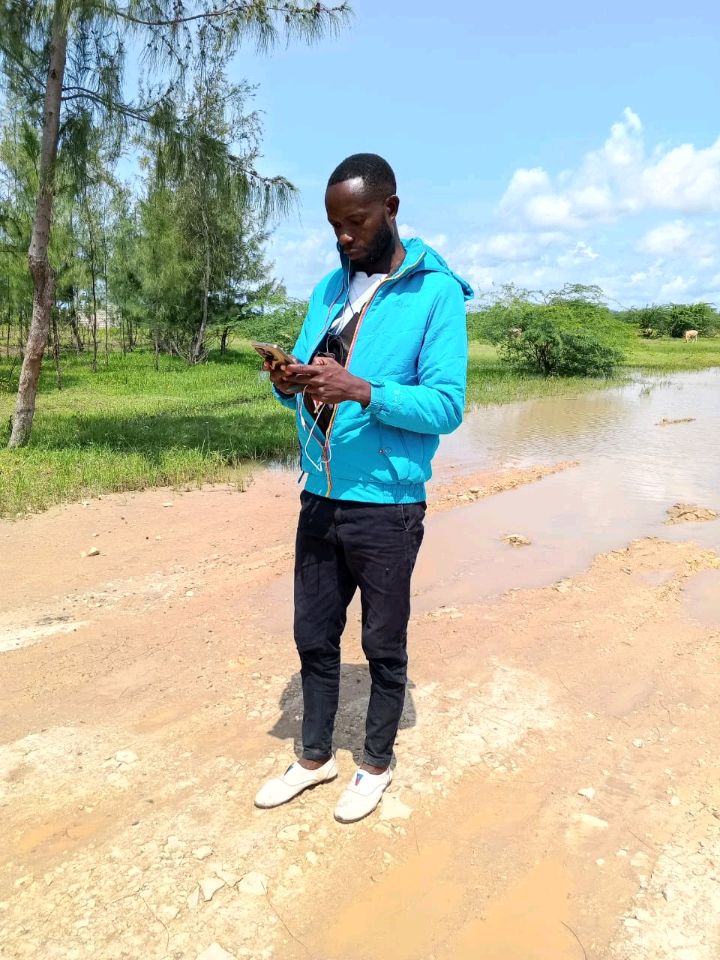
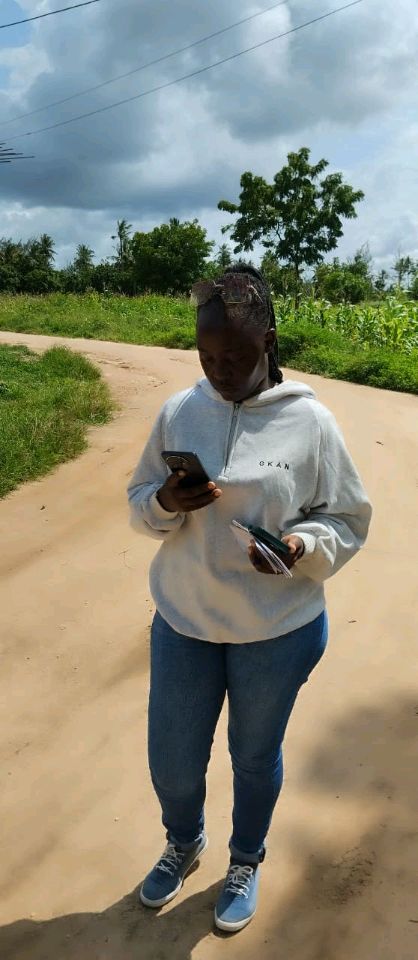
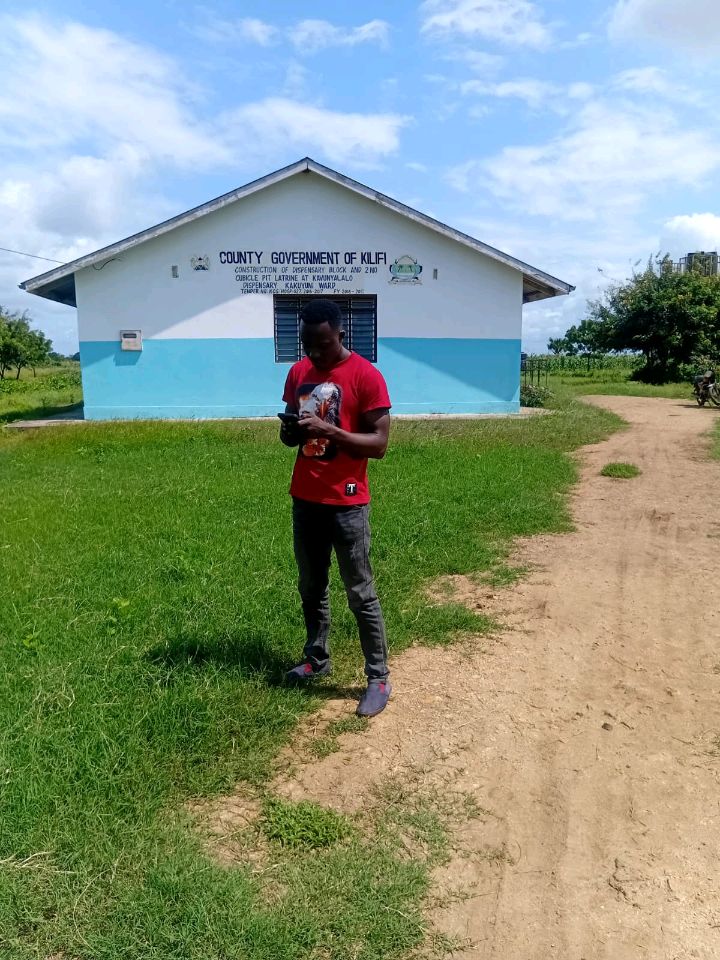
Young changemakers collecting project data in Kilifi using Sabasi
This time around, KIYA has taken ownership of its data journey. They’ve secured independent funding to collect and package their data for direct engagement with the county government. Maono’s team is supporting this effort by designing visuals, reports, and dashboards that bring the data to life, both on a community-specific platform and the broader county system.
Real-Time Tools for Real-World Decisions
Sabasi and a growing network of real-time, customisable dashboards power all this work. These tools enable:
- Cross-sector data sharing (e.g., trade + health + infrastructure)
- Community monitoring of development progress
- Evidence-based policy conversations with county officials
The dashboards serve as accountability platforms, ensuring that Kilifi’s 1.5 million citizens are not left in the dark about how public funds are utilised.
What’s Next: Sustaining the Momentum
As the Open Institute continues to work alongside KIYA and other Maono Space CBOs, as well as Kilifi County leadership, the focus remains on sustainability, inclusivity, and responsiveness. After several rounds of engagement, the county government has expressed strong willingness to partner with changemakers, recognising that data-driven advocacy is not a threat, but a catalyst for better service delivery.
This journey has shown us what’s possible when citizens are involved, youth are trusted, and technology is used for good. Kilifi is laying the groundwork for the rest of Kenya—and beyond.

